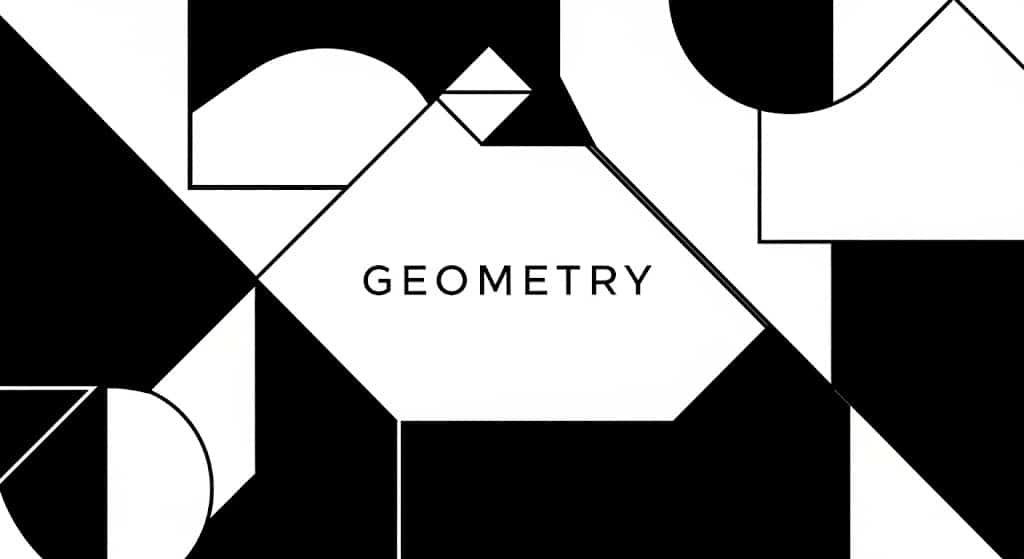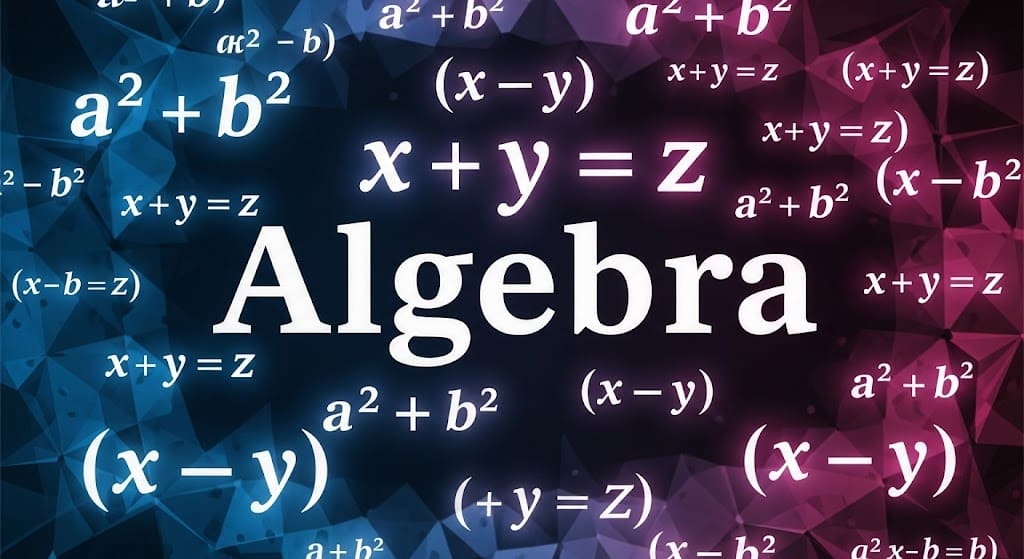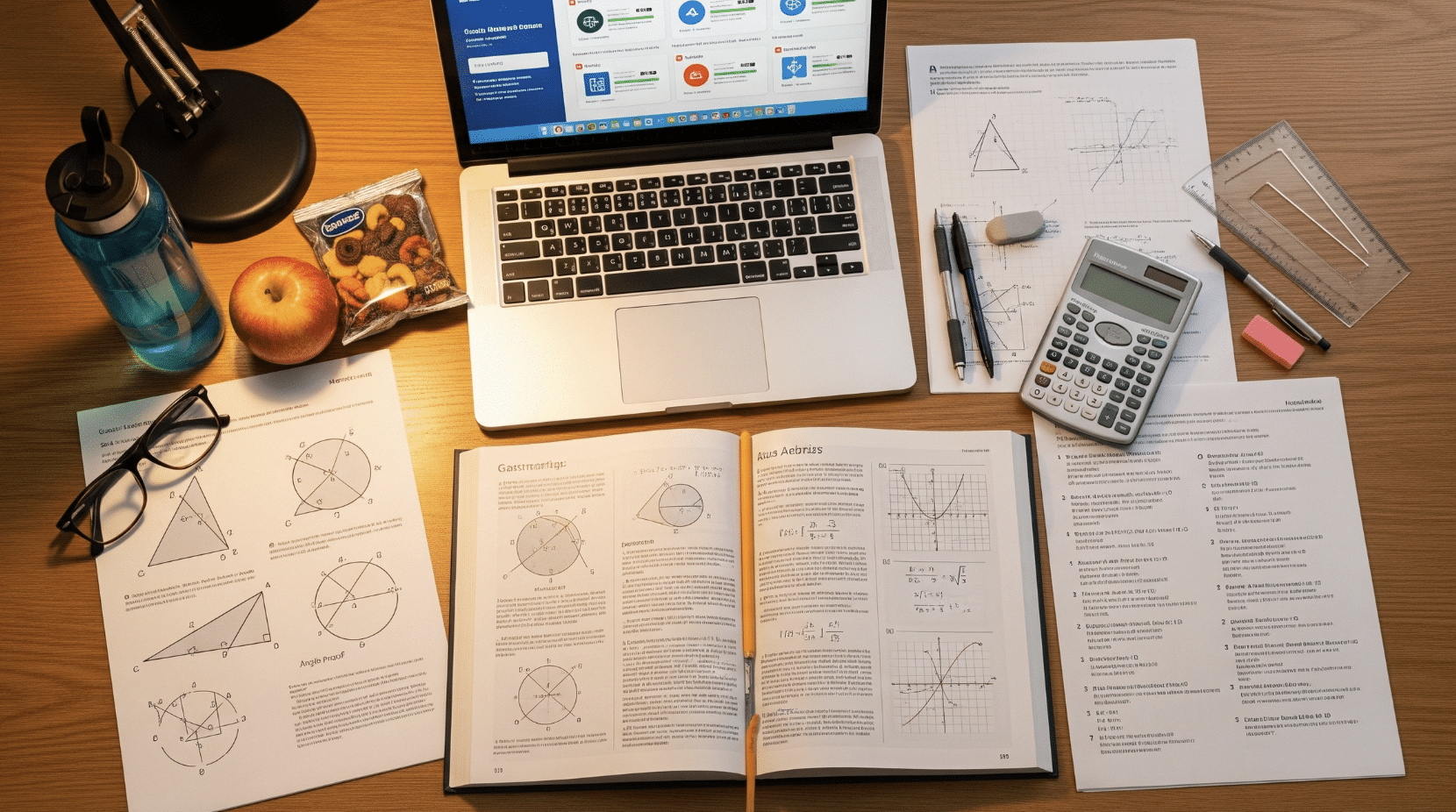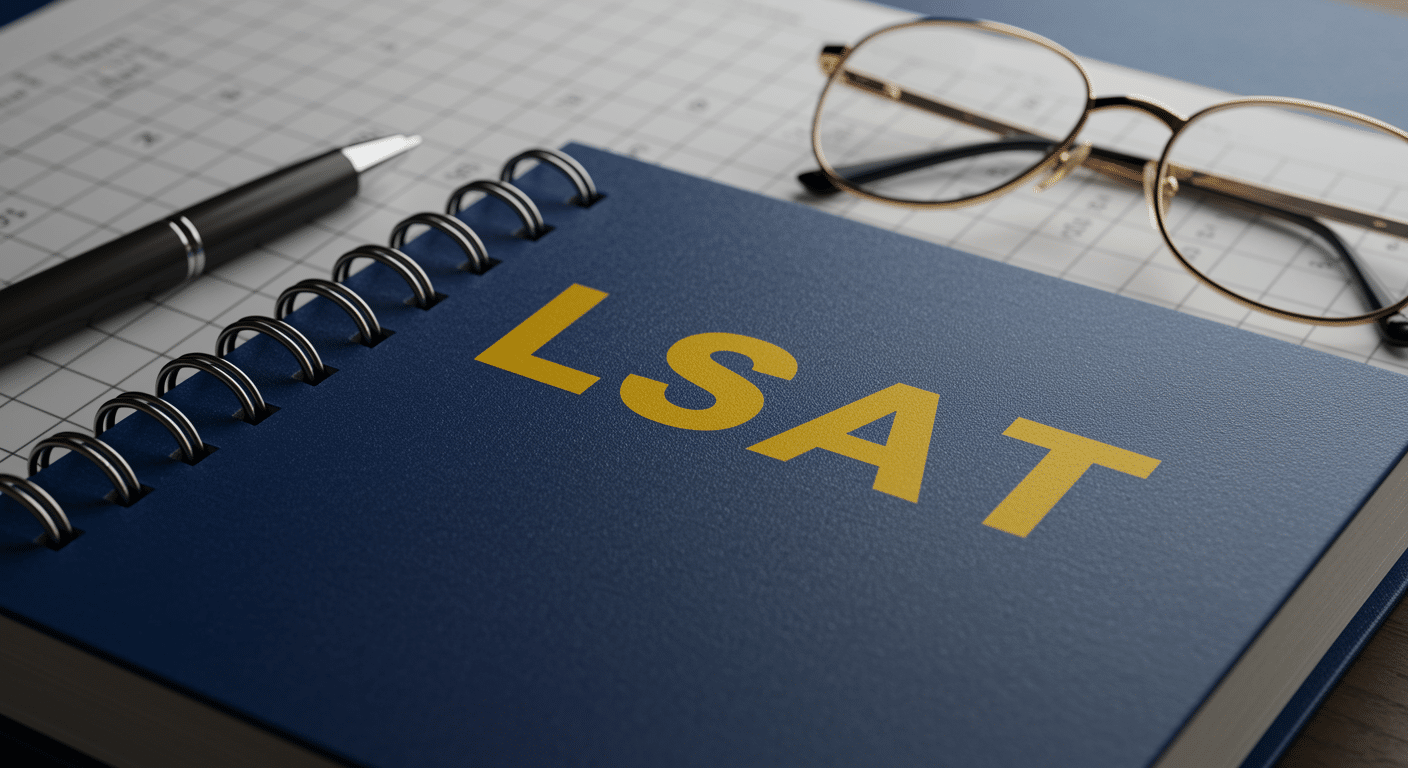Which is harder: Geometry or Algebra?
This age-old debate sparks passionate discussions in classrooms, study groups, and online forums across the world.
Students, parents, and educators constantly weigh whether is geometry harder than algebra or if is geometry easier than algebra, depending on individual experiences.
The truth is that neither subject is universally more difficult than the other.
Your personal learning style, mathematical strengths, and previous experience with visual versus abstract thinking all play crucial roles.
Why This Debate Matters to Students?
Let’s be honest: figuring out whether geometry or algebra feels harder actually matters a lot for your academic path.
It helps you make smarter choices about which classes to take and where to focus your study time. Plus, it’s huge for planning any STEM career path you might be considering.
Here’s the thing, though: lots of students beat themselves up when they struggle with one subject, not knowing that tons of other people feel the exact same way.
Once you realize that having math preferences is totally normal, it takes so much pressure off.
At the end of the day, both subjects teach you different valuable skills, so you can feel good about your strengths while still working on the tougher stuff.
Key Differences Between Geometry and Algebra
These two mathematical branches require completely different thinking approaches and problem-solving strategies.
Understanding their core differences helps explain why students often find one easier than the other.
Algebra: Abstract and Symbolic Thinking
Algebra focuses on manipulating symbols, variables, and equations to solve problems. Students work with abstract concepts like functions and inequalities without visual aids.
Success requires strong analytical skills and the ability to follow logical sequences.
The emphasis lies on finding unknown values through systematic procedures and algebraic operations that follow specific rules and formulas.
Geometry: Visual and Spatial Reasoning
Geometry centers on shapes, angles, and spatial relationships that you can see and touch. Students use diagrams, coordinate planes, and visual proofs to understand concepts.
Success depends on spatial intelligence and pattern recognition abilities.
The subject combines logical reasoning with visual thinking, making abstract mathematical concepts more concrete through drawings and physical representations.
Why Some People Find Geometry Harder?

Geometry presents unique challenges that can make it more difficult for certain types of learners.
These factors explain why some students struggle with spatial concepts.
- Weak Spatial Intelligence: Difficulty visualizing shapes, rotations, and three-dimensional objects in mental space.
- Abstract Proof Writing: Struggling with logical reasoning required for geometric proofs and theorem applications.
- Limited Visual Processing: Trouble interpreting diagrams, angles, and spatial relationships from two-dimensional drawings.
- Memorization Overload: Need to remember numerous formulas, theorems, and geometric properties simultaneously.
- Coordinate System Confusion: Difficulty connecting algebraic coordinates with geometric shapes and position changes.
These challenges are completely normal and don’t reflect your overall mathematical ability.
With proper practice and teaching methods, most spatial reasoning skills can be developed over time.
Why Some People Find Algebra Harder?

Algebra’s abstract nature and symbolic manipulation can create significant barriers for many students.
These common challenges explain why algebraic thinking feels overwhelming to some learners.
- Abstract Concept Difficulty: Struggling to understand variables and symbols that represent unknown or changing values.
- Multi-Step Problem Solving: Getting lost in complex procedures that require following sequential steps without visual cues.
- Symbol Manipulation Confusion: Difficulty remembering and applying rules for combining, factoring, and simplifying algebraic expressions.
- Weak Number Sense: Limited understanding of mathematical relationships and patterns that form algebra’s foundation.
- Procedural Memory Issues: Trouble remembering which methods to use for different types of equations and problems.
Remember that algebraic thinking develops gradually with consistent practice and patience.
Many successful mathematicians initially found algebra challenging before mastering these essential problem-solving skills.
What Real Students Are Saying?
Students frequently ask online if preferring algebra over geometry is normal, and the answer is overwhelmingly yes.
Many share experiences of excelling in algebra while struggling with geometric proofs, despite earning good grades.
Fellow students and math professionals consistently respond that this preference is completely common. They explain that geometry requires visual and proof-based thinking, while algebra focuses on procedural and symbolic skills.
Advanced learners note that algebra’s step-by-step nature can feel more accessible, though geometry offers deeper logical understanding.
These discussions reassure students that having strengths in one area over another is perfectly normal in mathematical learning.
You can read the discussion at Is it normal to be better at Algebra than you are Geometry, or better at Geometry than you are Algebra?
How Learning Style Affects Your Preference?
Your natural learning style significantly influences whether you find geometry or algebra more appealing and manageable.
| LEARNING STYLE | PREFERS ALGEBRA | PREFERS GEOMETRY |
|---|---|---|
| Visual Learners | May struggle with abstract symbols | Excel with diagrams, shapes, and spatial concepts |
| Auditory Learners | Benefit from verbal explanations of steps | Enjoy discussing proofs and reasoning aloud |
| Kinesthetic Learners | Like hands-on equation manipulation | Thrive with physical models and measuring tools |
| Sequential Learners | Love step-by-step algebraic procedures | May find non-linear proof writing challenging |
| Global Learners | Struggle with isolated algebraic rules | Prefer seeing the big picture, spatial relationships |
| Analytical Thinkers | Excel at logical symbol manipulation | Enjoy rigorous proof construction and logic |
Understanding your learning style helps explain your mathematical preferences and guides study strategies.
Neither preference indicates superior intelligence, just different cognitive strengths that can be developed with appropriate teaching methods.
Tips to Succeed in Both
Mastering both geometry and algebra requires targeted strategies that work with your natural learning style.
These proven techniques help students excel in both mathematical areas.
- Practice Consistently: Work through step-by-step problems daily to build muscle memory and reinforce concepts.
- Use Visual Tools: Leverage videos, physical models, and drawing tools to make geometric concepts more tangible.
- Apply Logic Patterns: Create logic trees and pattern recognition strategies to master algebraic problem-solving methods.
- Join Study Groups: Collaborate with peers to discuss different approaches and clarify challenging concepts together.
- Access Online Resources: Utilize platforms like Khan Academy and IXL for additional practice and explanations.
Success in mathematics comes from finding the right combination of study methods for your learning style.
With patience and consistent effort, you can develop strong skills in both subjects.
Conclusion
So, is geometry harder than algebra? The truth is it depends on you. Everyone learns differently, and what feels easy for one person might feel tricky for someone else.
Geometry is more visual and focuses on shapes, space, and logical thinking through proofs. Algebra, on the other hand, is more about numbers, symbols, and solving equations step by step.
Your personal learning style, interest, and even your teacher can all affect how you experience these subjects. Some students love the structure of algebra, while others enjoy the creativity of geometry.
What matters most is understanding how you learn best and using that to your advantage. Don’t worry if one subject takes more time to understand it’s completely normal.
With practice, patience, and the right resources, you can succeed in both and maybe even start to enjoy them!












